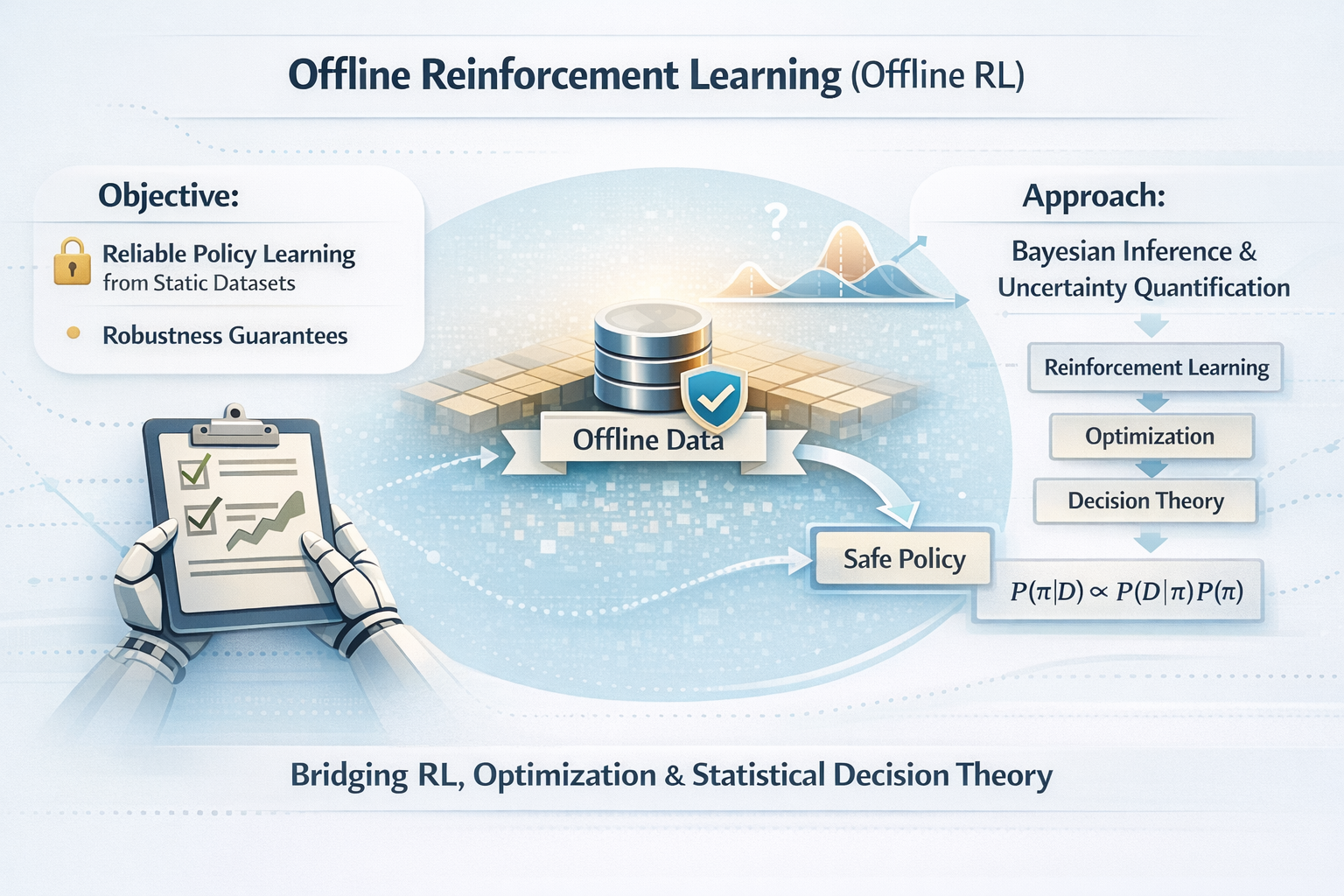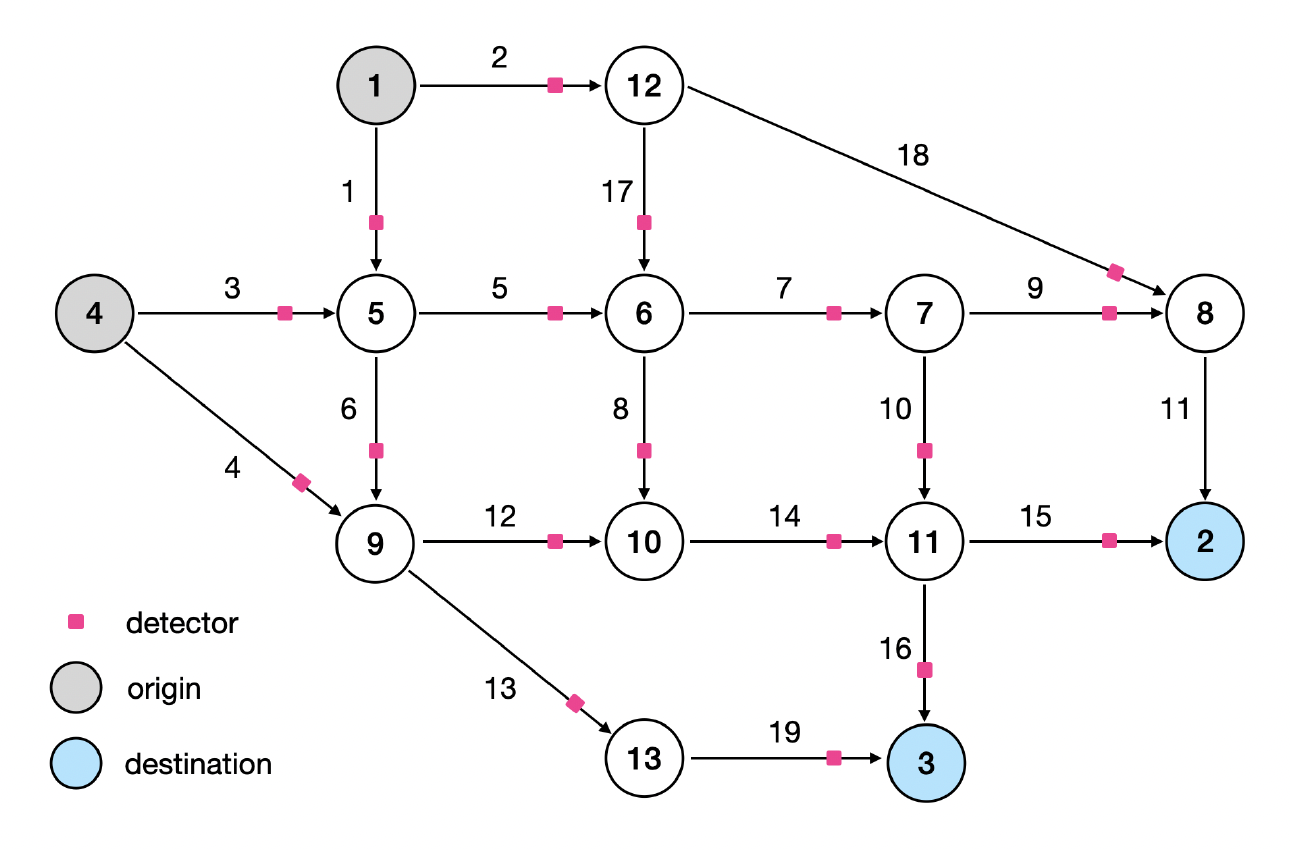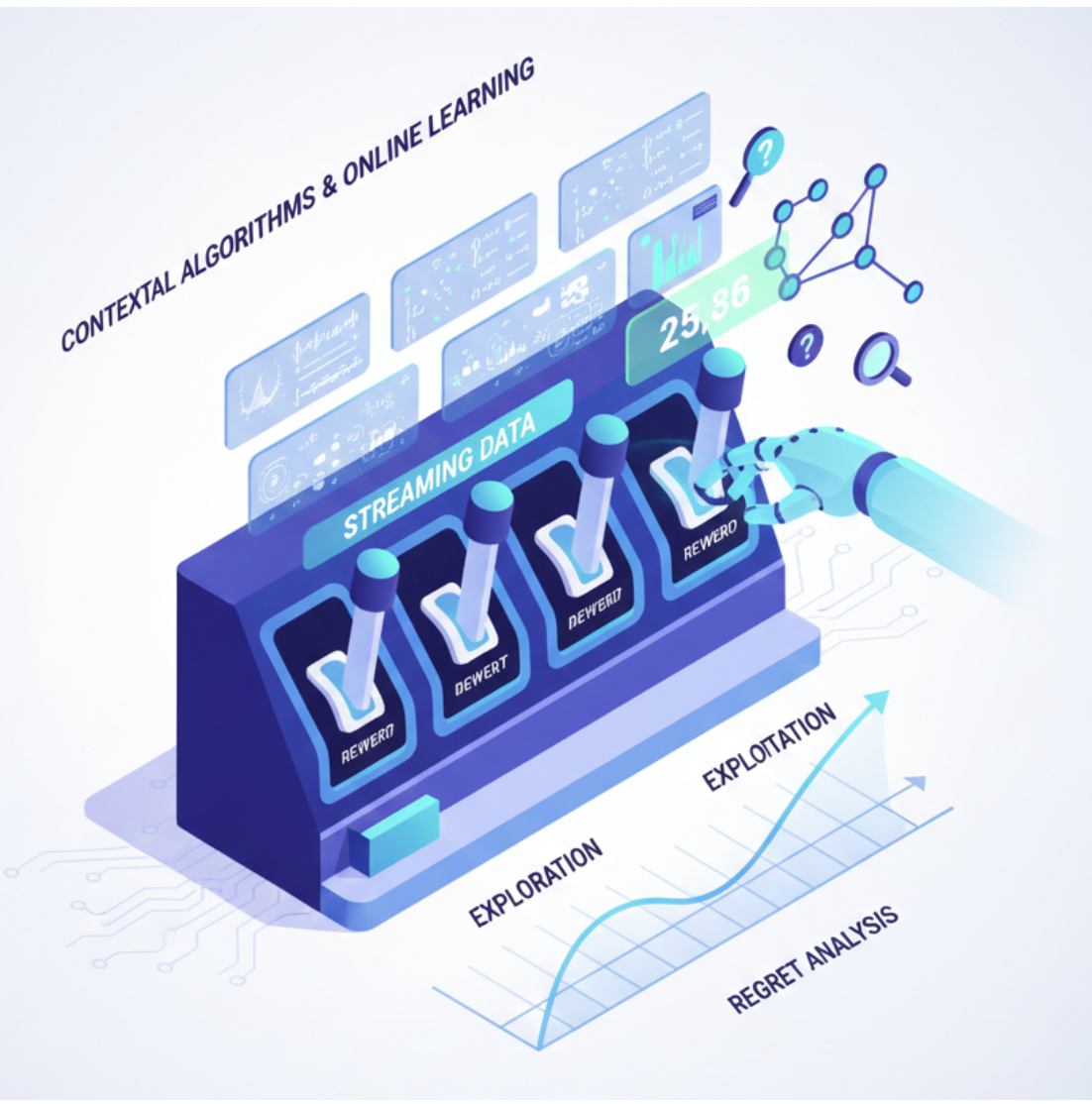Research
My research sits at the intersection of control, optimization, and machine learning. I develop principled decision-making frameworks for Physical AI systems, aiming to bridge the gap between rigorous theoretical guarantees and high-performance adaptive intelligence. By addressing the fundamental trade-offs between efficiency, safety, and generalizability, my work seeks to empower autonomous systems—including robotics, autonomous vehicles, and large-scale mobility networks—to operate reliably in complex, uncertain, and dynamic environments.
Research Directions
Reinforcement Learning
 |
This line of research explores the theoretical and algorithmic foundations of offline and safe multi-agent reinforcement learning (MARL).
|
World Foundation Models
 |
I investigate the synergy between world models and RL for scalable decision-making under uncertainty.
|
Dynamic Programming & Optimal Control
 |
I advance the analytical foundations of dynamic programming and network optimization for multi-agent systems.
|
Bandit Algorithms & Online Learning
 |
This area focuses on adaptive decision-making within contextual bandits and streaming data environments.
|